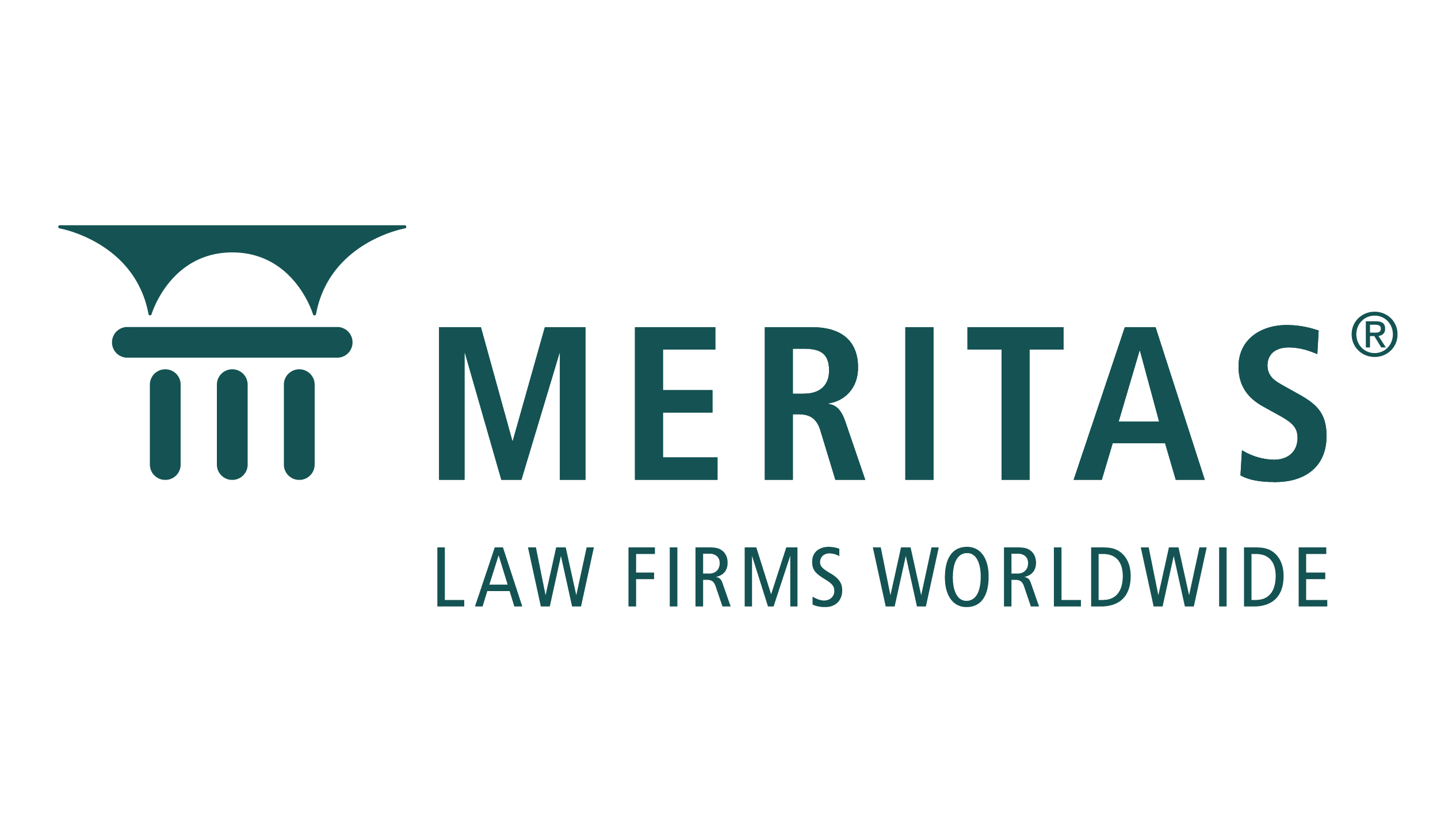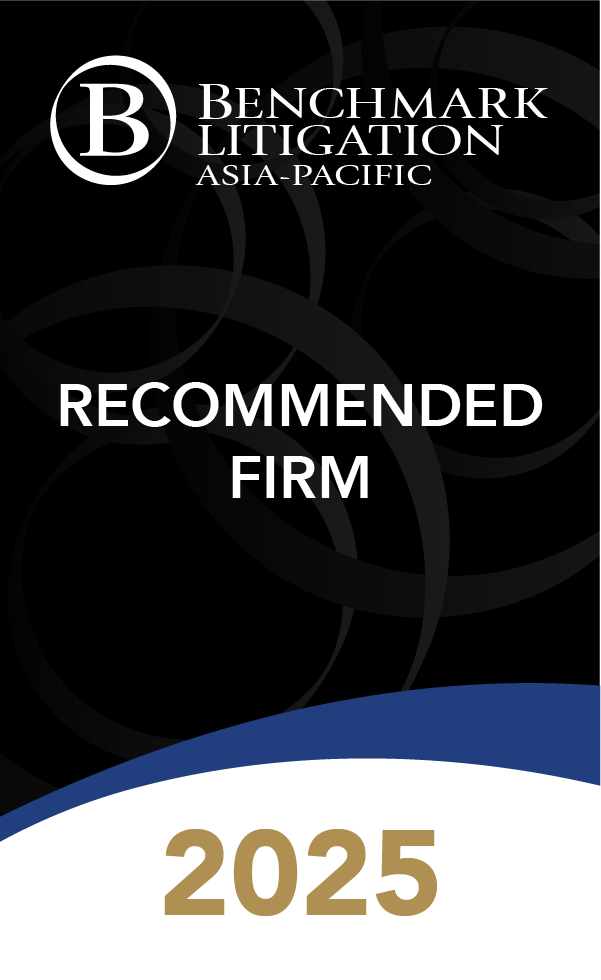
INSIGHT
Newsletter - Financial Services Authority Allows General Meeting of Shareholders of Public Companies to be Convened Electronically in The Midst of The Corona Virus Disease-19 (“COVID-19”) Pandemic
Author: Capital Market & Banking Finance Practice Group
Since its first occurrence in Indonesia earlier this year, the number of confirmed COVID-19 case has significantly increased from time to time. This situation forced the Government of Indonesia, through regional government, to apply public movement restrictions by introducing the concept of Large-Scale Social Restrictions (Pembatasan Sosial Berskala Besar – “PSBB”) which prohibits mass gathering during the implementation of PSBB. From capital market sector, the PSBB has generated attention of public companies that are required to convene General Meeting of Shareholders (“GMS”) annually.
To ease public companies convene the GMS as well as to increase public safety during COVID-19 pandemic, the Indonesian Financial Services Authority (Otoritas Jasa Keuangan – “OJK”) introduces the concept of Electronic GMS (“E-GMS”) by issuing: (i) OJK Regulation No. 15/POJK.04/2020 on Planning and Implementation of GMS of Public Companies (“POJK No. 15/2020”); and (ii) OJK Regulation No. 16/POJK.04/2020 on The Implementation of E-GMS of Public Companies (“POJK No. 16/2020”), both enacted on 21 April 2020. It must be noted that POJK No. 15/2020 supersedes the previous OJK regulation relating the GMS of Public Companies, namely OJK Regulation No. 32/POJK.04/2014 on Planning and Implementation of GMS of Public Companies (“POJK No. 32/2014”) as amended with OJK Regulation No. 10/POJK.04/2017 on the Amendment of POJK No. 32/2014.
After the issuance POJK No. 15/2020 and POJK No. 16/2020, public companies are permissible to electronically convene the GMS by utilizing electronic media, among others: (i) teleconference; (ii) video conference; and (iii) any other electronic media. In this regard, it is necessary to take note that basically the Law of Republic Indonesia No. 40 of 2007 on Limited Liability Company (“Indonesian Company Law”) has provided the option for a limited liability company (perseroan terbatas) to convene GMS through electronic media (Article 77 (1) of the Indonesian Company Law). As such, the enactment of POJK No. 15/2020 and POJK No. 16/2020 is a further manisfestation of such provision, applied spesifically for public companies. However, the implementation of E-GMS does not neceserally eliminate physical presence in a GMS of public companies. Under the POJK No. 15/2020, GMS of public companies is still required to be convened physically and attended at the minimum by: (i) chairman of GMS; (ii) 1 (one) member of Board of Directors and/or 1 (one) member of Board of Commissioners; and (iii) capital market supporting profession(s).
- PROVIDER OF E-GMS PLATFORM
Under the POJK No. 16/2020, OJK appoints the depository and settlement institute as one of the platform providers of E-GMS, namely PT. Kustodian Sentral Efek Indonesia (“KSEI”). In line with the provision under POJK No. 16/2020, the KSEI further launched an electronic general meeting system known as the eASY.KSEI (“eASY.KSEI”), firstly utilized to convene E-GMS of public company on 14 May 2020.
In general, the eASY.KSEI provides certain mechanism and features to provide information, implementation and reporting of the E-GMS of public companies which can be accessed by the public companies, Securities Administration Bureau (“BAE”), securities company, and custodian bank. The eASY.KSEI is aimed to develop 2 (two) main features to be utilized in E-GMS, namely:
- e-Proxy, which provides electronic mechanism to grant and receive certain powers and authorization from shareholders; and
- e-Voting, which provides electronic mechanism for discussion, voting, and the calculation of votes.
Since the entire eASY.KSEI system still at an early stage, only the feature of e-Proxy is presently available for use. The e-Voting features will be integrated in the near future as an implementation to the entire E-GMS provided under the POJK No. 16/2020.
- PROCEDURES OF E-GMS THROUGH eASY.KSEI
It must be noted that GMS of public companies must comply and in accordance with the POJK No. 15/2020 and POJK No. 16/2020. Additional requirement will apply should the public company wish to convene GMS through E-GMS. In this regard, POJK No. 16/2020 clearly stipulates that in order to convene E-GMS, public companies shall comply with the terms and conditions on the utilization of E-GMS stipulated by KSEI.
- Registration of Shareholders and Provision of Proxy for E-GMS
An E-GMS through eASY.KSEI can be attended by the shareholder of public company or by the proxy of such shareholder. The authorization to the proxy can only be granted from the shareholder to the parties that have been registered in eASY.KSEI, i.e.: (i) independent attorney provided by the public companies; (ii) participant attorney constitutes of a securities company or custodian bank which administers the shareholder’s securities account (“Participant”); or (iii) the individual proxy personally appointed by the shareholder.
For registration of the participant of E-GMS, the public companies are required to have a registration mechanism prior to the E-GMS which may be carried out through the eASY.KSEI system. The registration must be based on the Register of Shareholders issued by: (i) KSEI (for non-scripted shares); and (ii) the public company or BAE (for scripted shares). In the event there are shareholders who are not listed in the Register of Shareholders but are entitled to participate in the E-GMS, then the BAE may use the manual feature on the “List of Physical Attendees” menu in the eASY.KSEI system to add such shareholders.
As for the provision of authorization from the shareholder to their proxy through eASY.KSEI, the following conditions will apply:
- Shareholders who have obtained Single Investor Identification (“SID”) and registered as AKSes KSEI users, may grant authorization electronically through the eASY.KSEI;
- Shareholders who are not registered as AKSes KSEI users may grant authorization electronically by contacting the Participant where the shareholder administered its shares, and the Participant will report such authorization in the eASY.KSEI;
- If the shareholder grant authorization to certain Participant or the proxy provided by the public company, the shareholder must include their opted vote for each agenda of the E-GMS. If such authorization to an elected proxy does not include the said opted votes, then the shareholder may select the Individual attorney as the proxy, and appoints a party according their wishes;
- If the shareholder owns shares in one public company but administered by more than one Participants, the shareholder may authorize each Participant in accordance with the number of shares administered by each of the Participant and with the same votes between one Participant and another. If the shareholders do not appoint Participant as the proxy, then the voting rights on the shares administered by the Participant can only be used by the shareholder or other proxy;
- If a shareholder wishes to give authorization to a proxy provided by the public company, the authorization can only be given over the entire number of shares owned by the shareholder based on SID of such shareholder;
- In the event shareholders select to assign their authorization to another proxy, the shareholder is obliged to ensure the information of the candidate of the proxy, among others: the name, identity number and email address. The assignment of authorization to another proxy can only be granted for the entire number of shares owned by the said shareholder based on SID of such shareholder; and
- The shareholders can only declare their proxies and votes, change the appointment of proxy and/or change the votes for each agenda of the GMS, or revoke the appointment of proxy, within a period of 1 (one) working day prior to the date of the GMS at 12.00 Western Indonesian time.
- Quorum, Voting and Vote Counting Mechanism
The quorum of E-GMS must be in accordance with the qurom requirements of respective agenda stipulated in POJK No. 15/2020. Whilst for the voting procedure in E-GMS, the public companies must ensure and be responsible for the administration of the voting rights, among others: (i) to record and register every interaction and communication during E-GMS in eASY.KSEI and (ii) to ensure that the electronic votes in eASY.KSEI and the number of votes directly casted in the E-GMS are correspond with the number of votes of the participant present at the E-GMS.
Meanwhile in calculating the votes casted in a E-GMS, abstain vote shall be deemed to have cast the same vote as the majority of shareholders casting vote. Shareholders who are present or represented, but does not cast any vote, will be deemed to have approved the proposal on the agenda of the meeting.
- MANDATORY NOTARIZATION OF MINUTES OF THE E-GMS
Pursuant to the POJK No. 16/2020, the minutes of the E-GMS must be made in form of notarial deed without requiring signatures of the participant of E-GMS. For this purpose, the E-GMS provider (i.e. KSEI) is also obliged to provide the notary with the:
- List of shareholders who electronically present;
- List of shareholders who electronically grant proxy;
- Recapitulation of attendance quorum and resolution(s) quorum; and
- Recording transcript of all interactions during E-GMS to be attached to the minutes of E-GMS.
Similar with the ordinary physical meeting of GMS, the minutes of E-GMS must also be: (i) notifed to the OJK within 30 days as of the date of E-GMS; (ii) announced in the IDX’s website, public companies’ website and eASY.KSEI within 2 (two) days as of the date of E-GMS.
)))000(((
Note:
This article is designated to provide only general information and is not intended to be a comprehensive advice; and the reader may not act on the basis of any information contained in this brochure without seeking professional advisor.






